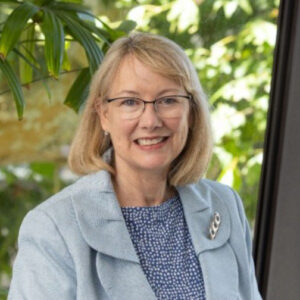Resilience and Aging
As we age, humans are prone to experience a decrease in physical, cognitive and psychosocial functioning along with an increase in the incidence of chronic illness. These changes are often accompanied by loss of loved ones, increased pain, decreased self-confidence and life expectations, seclusion and changes in social roles (caregivers now becoming care-receivers). Researchers are now looking at what allows for positive response to negative events of life and resilience is an important protective factor.
Studies have shown resilience has an important role in recovery from adversity and better physical and mental health later in life and, despite the increase in health and other problems as we age, most older adults tend to adapt. In a recent qualitative study aiming to understand the nature and meaning of resilience as perceived by patients suffering from chronic disease, participants indicated resilience is the sense of being relevant, independent and meaningful and factors that promote this resilience include patience, spirituality and social support.
This study also looked at childhood experiences as predisposing factors for resilience later in life such as taking care of others when they were younger as having prepared them for hardships in life. Of course, like any trait, we all have different resilience set points but there are ways to strengthen and grow one’s resilience. The Mayo Clinic provides the following tips to improve resilience: 1. Get connected – Build positive relationships with friends and family; volunteer or join a faith-based community. 2. Make every day meaningful – Do something that gives you a sense of purpose and accomplishment each day. 3. Learn from experience – Remember how you have dealt with hardships in the past and the skills and strategies that were helpful. 4. Remain hopeful – Looking forward and not dwelling on the past can help reduce anxiety. 5. Be proactive – Don’t ignore problems.
The USC-VHH Community Resource Center for Aging can help identify resources and make suggestions to help individuals strengthen their resilience “muscles” to better cope with the myriad of challenges that accompany aging. Email the resource specialists at Aging-Resources@med.usc.edu or call (818) 949-4033.

Program Manager
USC Verdugo Hills Hospital
Community Resource Center for Aging
